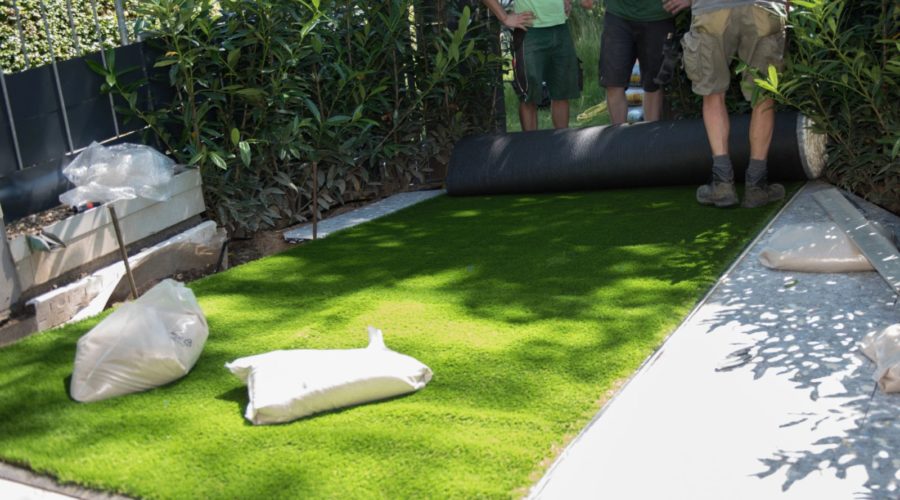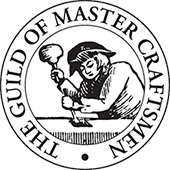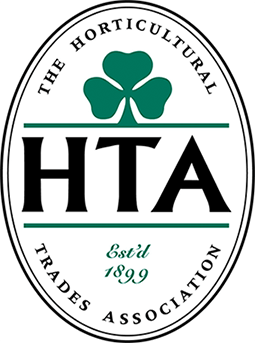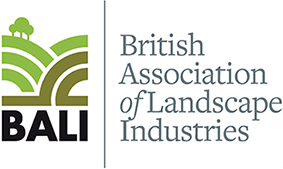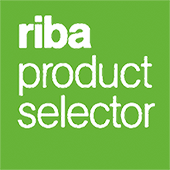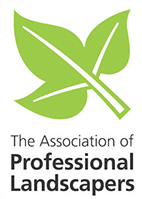Artificial grass is a fantastic way to get a tidy, low-maintenance outdoor space. If you’re thinking of installing Easigrass in Hull, Grimsby, Lincoln or anywhere in the East Riding area, you’ll face a choice: try a DIY install or hire a professional. Below is a clear, practical guide that compares the two approaches, lists common pitfalls, gives realistic time estimates, and explains when it’s wise to call in an installer.
Quick summary
- DIY artificial grass can save money, but it requires time, the correct tools, and some skill.
- Professional artificial grass installation costs more but gives speed, a guaranteed finish and less risk of problems.
- Call an installer for complex sub-bases, drainage issues, sloping sites, pet zones, or any work where a warranty or a flawless finish matters.
Common pitfalls of DIY artificial grass installation
- Poor sub-base preparation
- Failing to remove topsoil, roots and organic matter leads to uneven settling, dips and weed growth.
- Incorrect compaction causes soft spots and poor drainage.
- Wrong choice or insufficient quantity of materials
- Using the incorrect type or thickness of MOT or crushed stone affects longevity.
- Underordering sand, adhesive, joining tape or edge fixings forces late runs to suppliers.
- Bad drainage planning
- Not allowing for runoff or using non-permeable substrates can lead to puddling and surface water after heavy rain.
- Inaccurate cutting and joins
- Poor seam alignment or incorrect blade technique shows visible joins and shortens turf life.
- Stretching turf improperly creates ripples or tension points.
- Incorrect edging and fixing
- Weak or poorly installed borders allow movement and fraying at edges.
- Using the wrong type of fixings for decking or paving can damage structures.
- Inadequate weed control or geotextile use
- Skipping a proper weed-suppressing membrane invites weeds through seams.
- Poorly installed membrane or gaps defeat its purpose.
- Time underestimation and fatigue
- Labour is heavier than many expect; mistakes increase as people tire.
- Health & safety oversights
- Improper manual handling, chemical use (adhesives), or neglecting dust control can cause injury.
Why artificial grass professionals are faster and usually offer better value
- Experience: installers anticipate issues and avoid rework.
- Equipment: access to compaction plates, mini-diggers and professional cutters speeds the job.
- Correct materials and stock: you get the right type and quantity first time.
- Guarantees and aftercare: installations often come with workmanship warranties and product support.
- Cleaner result and longer-lasting performance: correct seams, edging and drainage reduce long-term maintenance and repair costs.
Costs: DIY vs professional (high-level)
- DIY: you pay for turf, base materials, membrane, adhesive/joining tape, edge fixings and tool hire. Savings are possible if you have tools and skills, but unexpected costs for extra materials, specialist tools or mistakes can reduce savings.
- Professional: higher upfront cost but includes labour, access to trade rates on materials, faster completion, and warranties.
When you should definitely call an artificial grass installer
- The site has a slope, poor drainage or a waterlogging risk.
- The area is large (>100 m²) or has complex shapes and multiple joins.
- You need putting greens or specialised artificial grass installations (e.g. pet-friendly zones, sports surfaces).
- You want a guaranteed finish and a workmanship warranty.
- You lack access to compaction equipment or experience with heavy groundwork.
- The site borders decks, patios or structural elements requiring specialist fixing.
- You want a quick turnaround with minimal disruption.
When DIY can work well
- Small, simple, flat areas (e.g. balconies, small patios, straightforward patch areas).
- You have experience with landscaping or groundwork and the right tools.
- Budget is tight, and you accept a modest risk of minor finish issues.
- You’re prepared to take the time and follow best-practice guides closely.
Checklist for a successful DIY install
- Measure area accurately and order 10–15% extra turf for waste and patterning.
- Inspect and clear the area fully of roots, debris and old turf.
- Use a suitable sub-base (MOT Type 1 or equivalent) and compact in layers.
- Lay a weed-suppressing geotextile membrane correctly.
- Ensure a fall of at least 1–2% for drainage away from buildings.
- Use proper joining tape and adhesive; practice cutting on offcuts first.
- Secure edges with appropriate fixings and edging materials.
- Brush turf fibres upright and check seams after 24–48 hours.
- Follow manufacturer guidance for pet or child-friendly options and infill choices.
How Easigrass East Riding helps
- Free site survey to assess drainage, levels and access.
- Expert advice on product choice for pets, children, and putting greens.
- Professional preparation, machine compaction and precision fitting.
- Lasting finish with aftercare support and workmanship guarantee.
- Local knowledge of Hull, Grimsby and Lincoln ground conditions to avoid common regional issues.
Decision guide
- Choose DIY if: small, flat area; you have the tools, time and confidence; you accept no warranty.
- Choose professional artificial grass installers if: the site is large or complex; you want speed, guarantees and a perfect finish; you prefer minimal disruption.
If you’d like, we can arrange a free site survey to give a firm installation quote and realistic timetable for your specific garden. Contact us today



